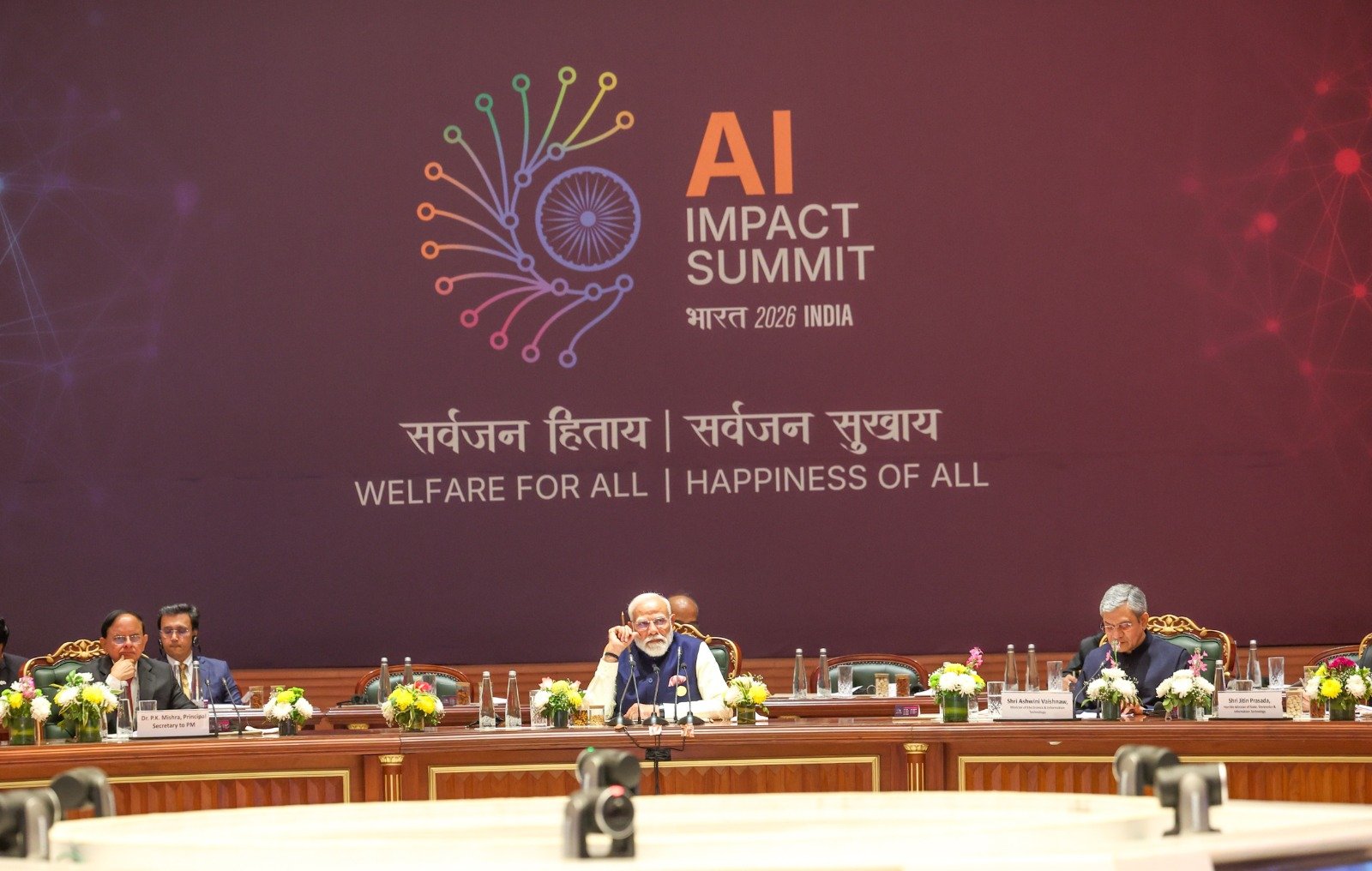
New Delhi [India], August 3 (ANI): Philippines President Ferdinand Romualdez Marcos Jr. is scheduled to visit India from August 4 to 8, during which he will hold high-level talks with President Droupadi Murmu, Prime Minister Narendra Modi, and other senior officials.
Upon his arrival in New Delhi on August 4, President Marcos will meet with External Affairs Minister S. Jaishankar. On August 5, he will lay a wreath at Rajghat, followed by bilateral talks with Prime Minister Modi at Hyderabad House. The meeting will be followed by the exchange of Memoranda of Understanding and press statements.
President Marcos is also scheduled to meet Minister of Health and Family Welfare J.P. Nadda and later call on President Droupadi Murmu.
Following his engagements in the capital, the Philippines President will travel to Bengaluru, where he will meet Karnataka Governor Thawar Chand Gehlot.
According to a statement from the Ministry of External Affairs, this will be President Marcos’s first visit to India since assuming office. He will be visiting at the invitation of Prime Minister Narendra Modi.
Diplomatic relations between India and the Philippines were established in November 1949, and the two countries have since developed a strong and multifaceted partnership. Areas of cooperation include trade and investment, defense and security, maritime cooperation, agriculture, healthcare, pharmaceuticals, and digital technologies. India and the Philippines also engage closely at the regional level, particularly through India’s Comprehensive Strategic Partnership with ASEAN.
The ministry’s statement highlighted that relations with the Philippines are an important pillar of India’s ‘Act East’ Policy, the Vision MAHASAGAR, and its broader Indo-Pacific strategy. President Marcos’s visit coincides with the 75th anniversary of India-Philippines diplomatic relations and is expected to set the course for future bilateral cooperation, while also addressing regional and international issues of shared interest.
India and the Philippines enjoy warm ties rooted in historical connections and shared democratic values, with ongoing collaboration across sectors such as defense, commerce, and cultural exchange.








